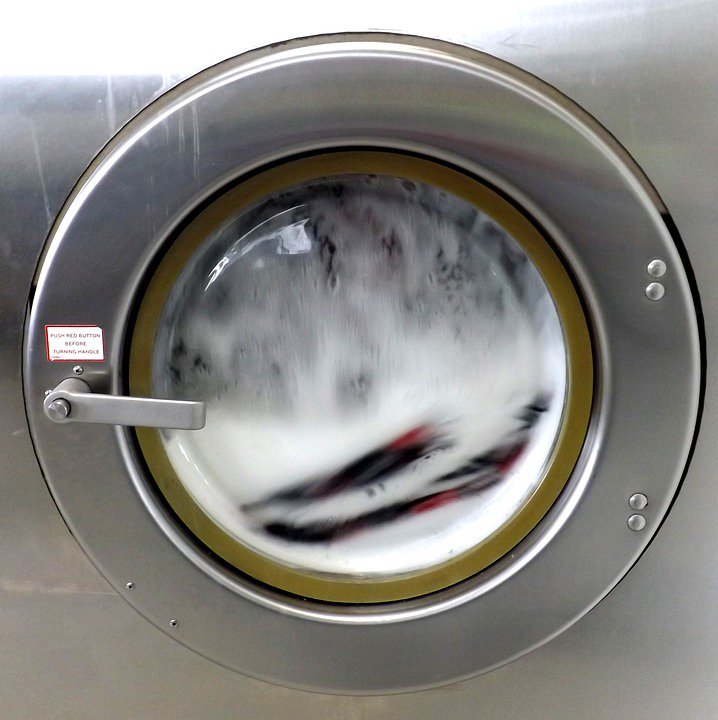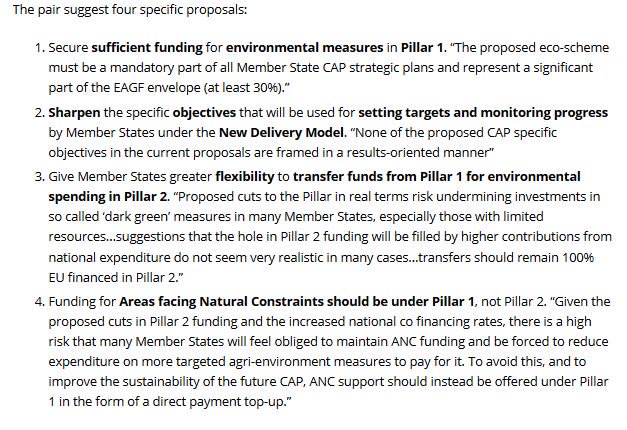But what will people do all day, he asks rhetorically. Won't their lives be empty and meaningless without work?
Many of the people we most wish to keep employed and away from idleness, he writes, are the least competent and employable in the private sector.
(Points for recognizing that this is both true and bad.)
That seems a stretch.
But we need to do more ...
Unemployed truck drivers would be able to do helpful things for other people in exchange for social credit.
"Maybe you smirked," he writes, but this system is in use in 200 communities in the US, and it's called time banking."
Ah, he explains: It would be a "supercharged version of time banking where in addition to providing social value, there would be real monetary value underlying it."
I'm confused. We already have a currency that rewards people for doing things that serve the community.
Why not a billion dollars? How is this different from a currency?
Answer: People will respond to points differently than they do to dollars. They'll find it strangely compelling.
Also, people will be more open and comfortable sharing balances if it's a new currency.
"We could create an entirely new parallel economy around social good."
(Or just the opposite. Americans really don't like being nagged by their government.)
Let people organize this for themselves. Keep the feds out of it.







